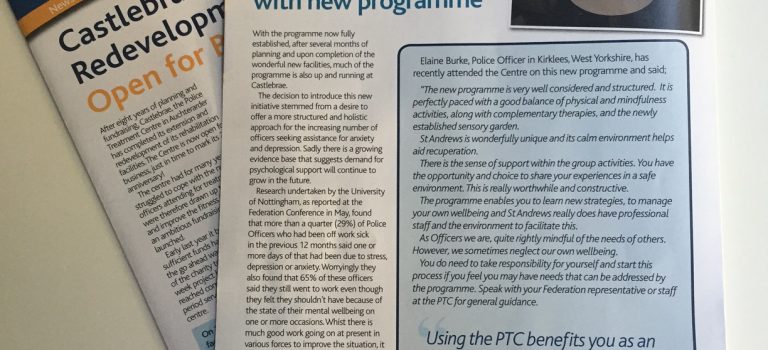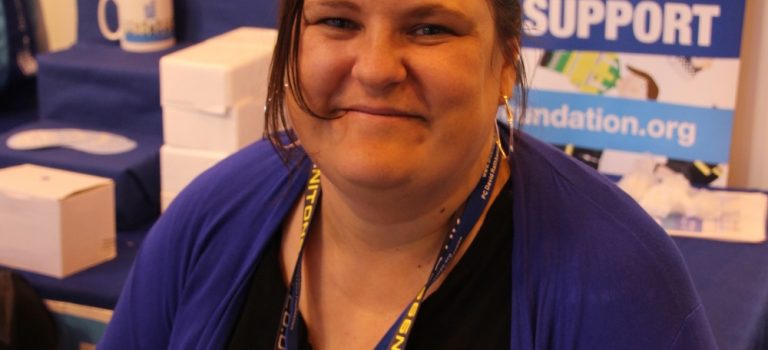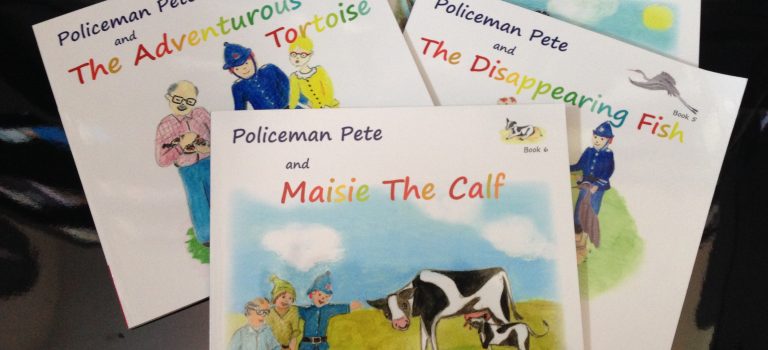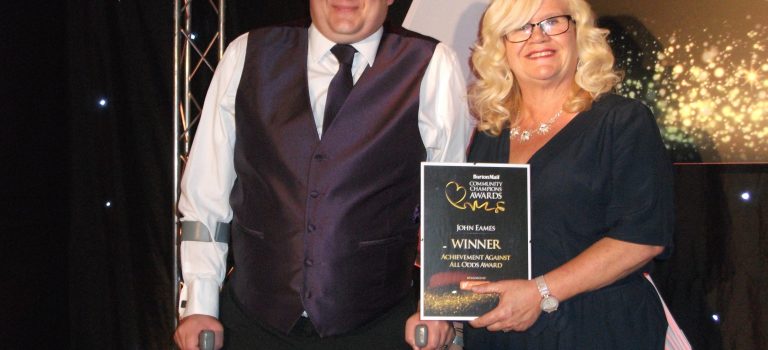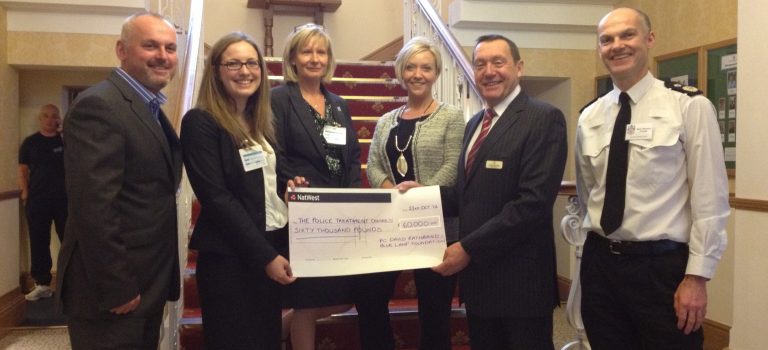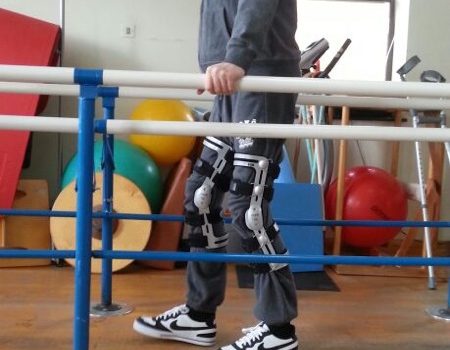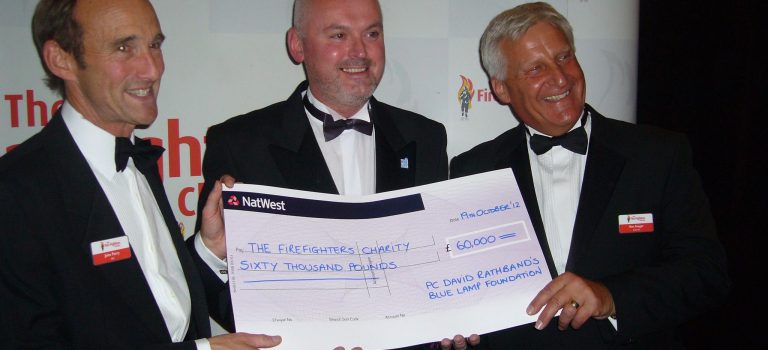
Name: Fire Fighters Charity
Background
The Fire Fighters Charity was established in 1943 to help wounded fire fighters and support their families during World War II. Its basic premise is to help fire fighters who put their lives on the line every day to save lives. It supports injured firefighters, and in the result of their death, their dependents. It provides help to fire fighters when they need to recover from injury, surgery and illness, so they can return back to serving and protecting local communities as soon as possible.
The Blue Lamp Foundation was given the all clear by the Charities Commission to extend its work to help all injured emergency service personnel and their families. The charity not only provides financial assistance, but can also support other UK-based emergency services welfare organisations, including organisations like the Fire Fighters Charity, to utilise its infrastructure and resources.
How did the Blue Lamp Foundation help?
The Blue Lamp Foundation has provided £60,000 of funding to help the Fire Fighters Charity to develop a programme of support that will allow it to provide an even higher quality of service to an increasing number of fire fighters and their families.
In particular it the funding will help in the development of new psychological support, in particular mental health and emotional well-being, as often the scars of a fire are emotional and not physical.
How the help was delivered?
The donation from the Blue Lamp Foundation has been put to immediate use, in the development of the new programme of emotional support. The Fire Fighters Charity provides a range of advice on the emotional needs of its members, and the psychological effects of fire. In particular it has developed a programme, including a number of factsheets, to help its members deal with post-traumatic stress disorder, anxiety, depression, obsessive compulsive disorder, and issues around self-harm.
To aid in emotional recuperation it also provides one and two week breaks at its specialist centres in Devon, Cumbria and West Sussex, designed to help those who have suffered injury, illness, stress or bereavement as the result of fire. The centre in Cumbria, also provides on-site nursing care, for more severe cases.
All rehabilitation programmes are adapted according to the client’s needs. Neurological physiotherapy, dealing with conditions affecting the nervous system, is also provided to those who require it.
The impact this help had on the individual’s life
The Fire Fighters Charity receives no Government funding, and is therefore totally reliant on donations from its supporters. It currently costs approximately £9 million a year to keep the charity running.
The charity has extended its services, making them available seven days a week, at its centres across the UK. It also provides a 12-day rolling programme of support, enabling service users to choose four, seven or ten day services. This allows for a bespoke programme of support to meet individual need. Rehabilitation at any of the specialist centres is targeted at the whole person, realising that the way a person feels is just as important as the way they look, or any physical disability.
Numerous beneficiaries have taken advantage of the support available from the psychological therapy team, while attending the centres for physical rehabilitation. On average the Fire Fighters Charity help approximately 2,500 fire fighters and their families recuperate from illness, stressful situations or bereavement, each year.
A survey conducted by the Fire Fighters Charity, gathered responses from more than 1,000 beneficiaries, who agreed that the charity had made a positive impact on all aspects of their lives.
The future
The Fire Fighters Charity continues to work to improve the lives of its beneficiaries and their families. It continues to develop new services, including the development of psychological and emotional services mentioned in this case study. It will continue to target support at individual need, to get the most out of its staff and the facilities which it operates.
An intensive internal review has led the Fire Fighters Charity to a greater understanding of nursing and personal care support in facilitating access to rehabilitation. As a result plans are being developed to create recuperation service that is responsive to real need, providing a more active and positive experience in supporting its beneficiaries. The charity is also developing greater community based and outreach support targeted at harder to reach groups and beneficiaries.
 Avon and Somerset Police Officer George Pettingell has set his sights on running the London Marathon and raising £1000 to support injured emergency services personnel.
Avon and Somerset Police Officer George Pettingell has set his sights on running the London Marathon and raising £1000 to support injured emergency services personnel.
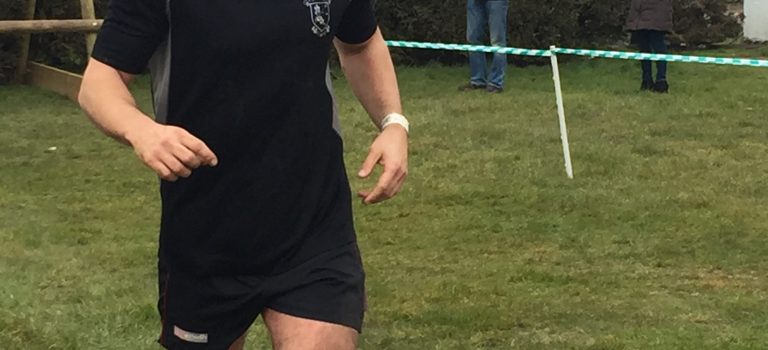
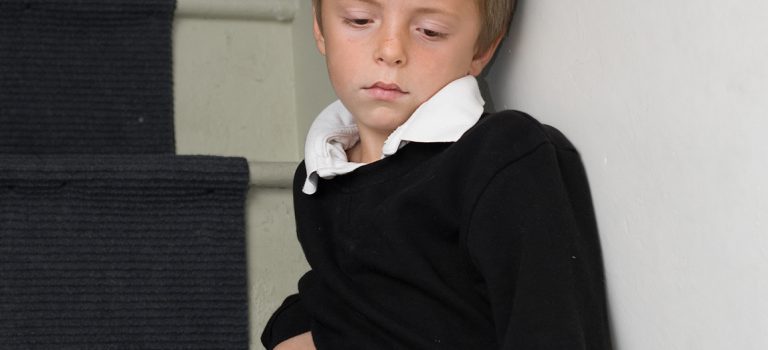

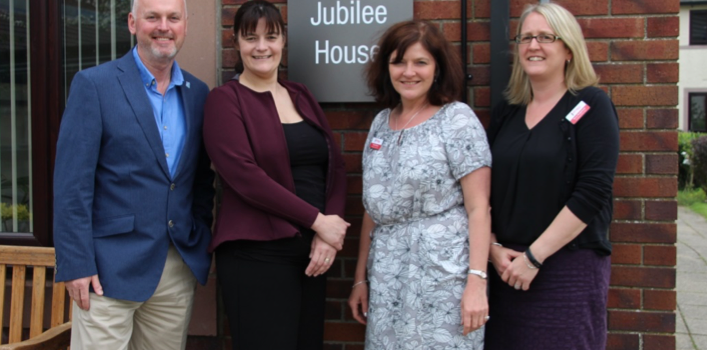
 A collaboration between two emergency services charities is putting the focus firmly on mental health and wellbeing for fire fighters across the UK.
A collaboration between two emergency services charities is putting the focus firmly on mental health and wellbeing for fire fighters across the UK.